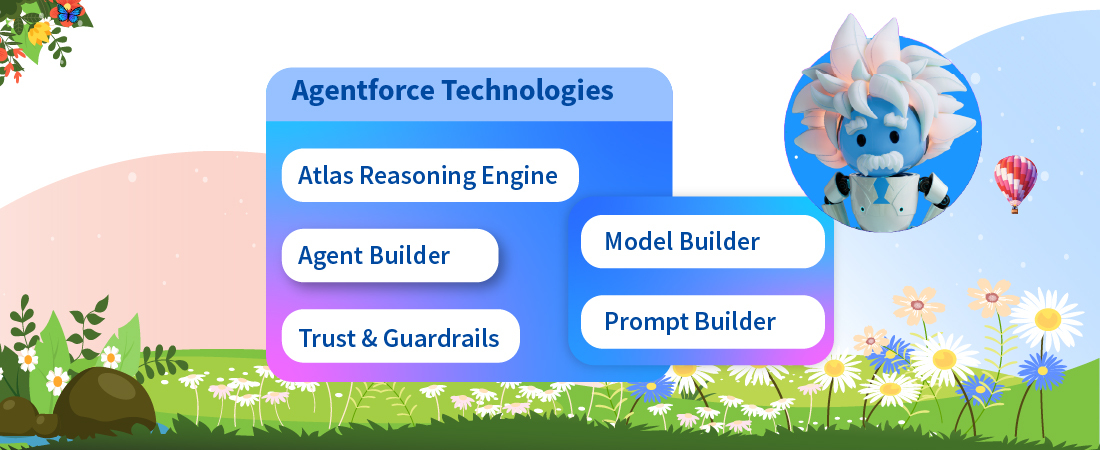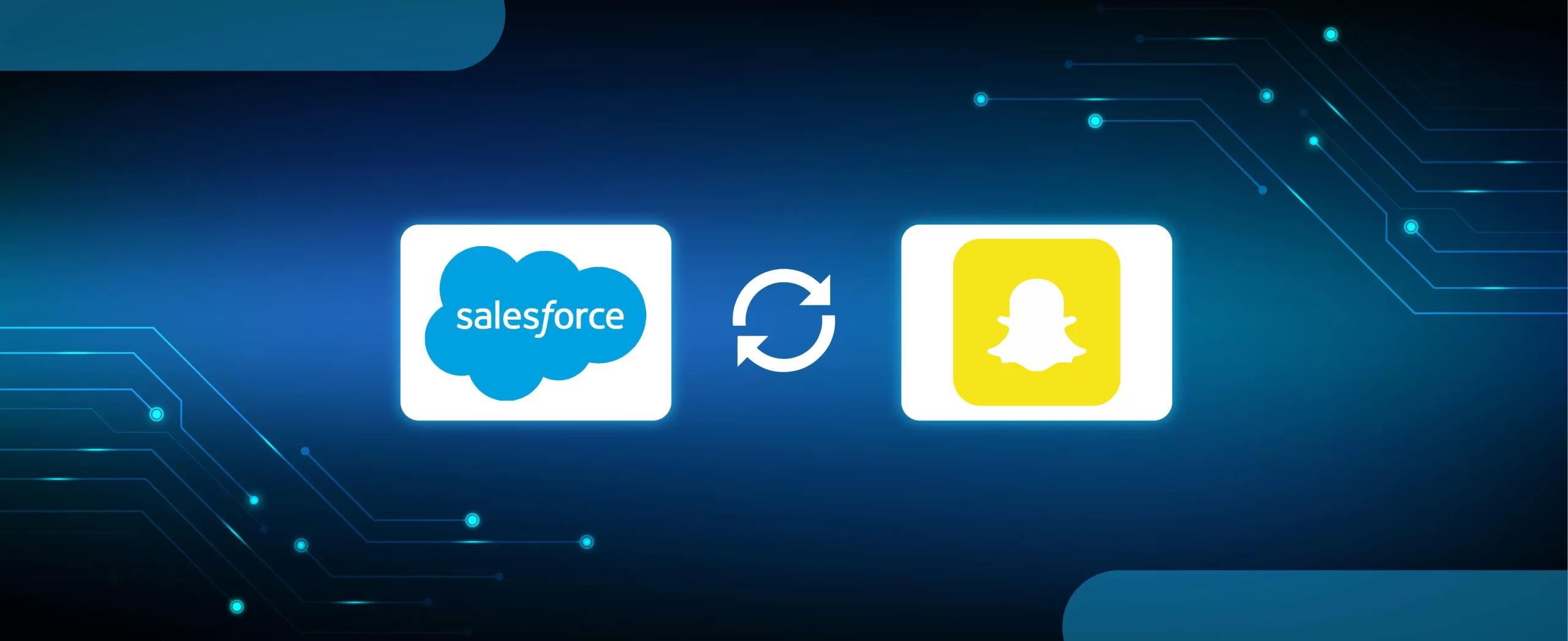Licenses halted in March 2018, and it’s set to bow out and retire on March 13 this year. Yet everyone’s talking about it like it’s already gone.
We’re talking about Desk.com.
Your search for a new customer support solution might come a bit late. (Although, behind the scenes, Salesforce is working away at its own alternatives too with competitive features and price. )
So should you reminisce? Should you look at other Salesforce options? Let’s do both
Looking Back
Beginnings as a helpdesk
Previously known as Assistly, Desk.com went on to get acquired by Salesforce.com for $50 million in 2011. Later in 2012, it took on the name ‘Desk.com’ as a customer support software.
It’s now a Saas help desk and customer support product/application accessible through the cloud and supports up to 50 languages.
Differentiation as a Small Business solution
As a product, Desk sets itself apart from Salesforce’s other service platform in that it targets small businesses a lot more with its feature set. But it’s integrations remain largely limited to the CRM, Salesforce IQ, JIRA, and Mailchimp, among others.
But why though
Apparently, Salesforce thought that it’d be better if an entirely new product filled in instead of a rebuilt Desk.Com.
In its wisdom, Salesforce probably felt it needed unified 360-degree views, service rep facing automation, and assistive technologies powered by Einstein for a better overall support experience.
End-of-Life Concerns range from the usual suspects of business disruptions and finding alternatives to staying competitive.
Service Cloud Lightning - An Alternative from within the Ecosystem
Solutions typically figure as small business solutions and even scale to the enterprise. Here’s a look at some of the major choices.
To start with, Salesforce’s own offering promises multichannel support, asset and order management, and ticket routing based on the agent’s availability and skill set. Further, it’ll set you back about the same as your old Desk.com plan.
Per expectations, any future successor to the platform would need to bring solutions to the table for both agent and customer productivity. These would serve to nurture departmental inter-operation and high-performing teams.
Naturally, unified team-views would break down some barriers to unlock better service. And that’s even before 360 views step in to shrink case closure time further.
Omnipresence for raising cases socially
Consumers now are more likely to ask questions in comment-threads, making multichannel responses and presence, a gateway to enhancing engagement.
This is in addition to unified views for team members over segments and the long-awaited ability for Salesforce customizations and for Salesforce integration. These go along way to cut back on response time, provide lasting resolution, and ultimately see gains in customer retention.
Articles and managed Q&A - The future leans toward Self-service
Knowledge articles are at the very center of modern customer support and the preferred method for sharing best practices and driving up deflection and case numbers organically. Evidently, given how closely net promoter indications tie to service response time.
This should also prove an enabler as agents increasingly get tasked with participating and authoring articles, approvals, and updates. Features that track article history may gain more prominence in the life cycle of helpdesk platforms as they evolve to cover more services, updates, and article revisions.
Finally, using Einstein for anticipating relevant articles and keeping them on hand is going to be game-changing. Moreover, the Service Cloud’s ‘Omnichannel routing’ for matching cases to agent skill sets should be tough to be. It should make the competition for the premier helpdesk space more interesting.






